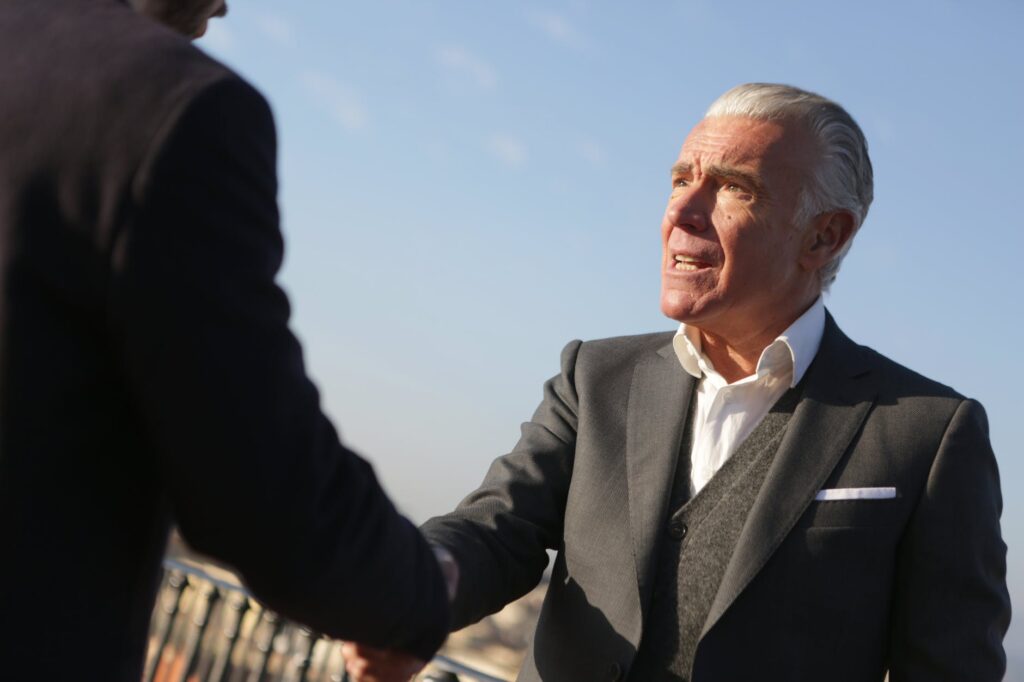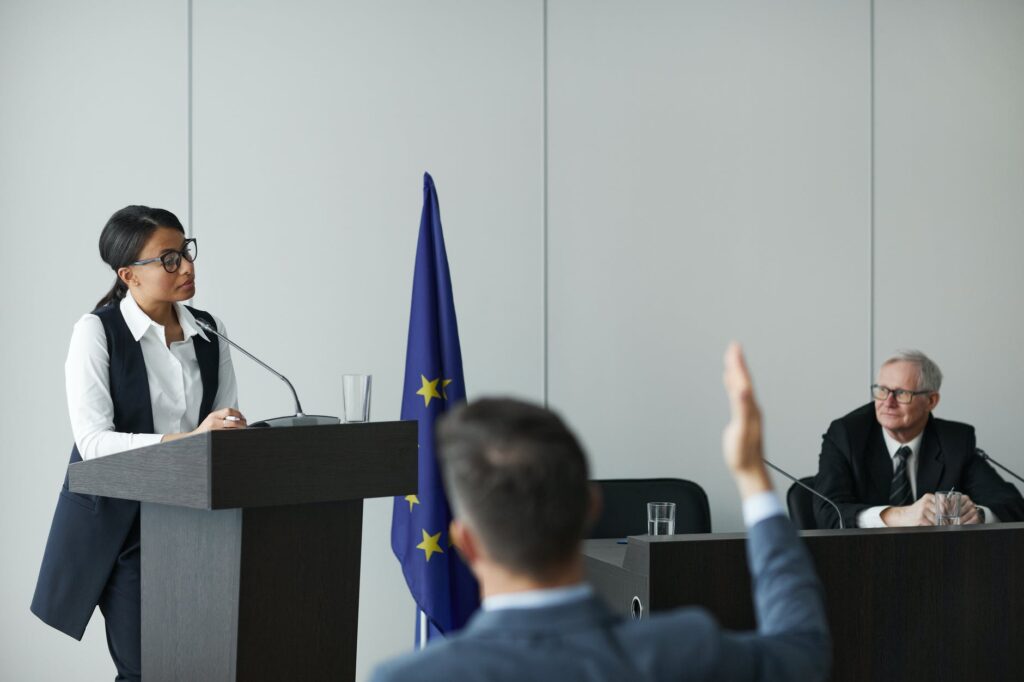The commissioners of the European Union sit in the European Commission. It has as many members as there are Member States, i.e. 27. From 2014, according to the Lisbon Treaty, the number of members of the Commission should be reduced to 2/3 of the number of Member States, i.e. 18. However, the European Council unanimously in 2013 returned to the pre-treaty solution and thus there was no reduction in the number of Commissioners. The European Commission is headed by the President. As of December 1, 2019, this position is held by Ursula von der Leyen. Read the article to the end and find out who the European Union Commissioner is
How are commissioners elected?
After the elections, one of the first tasks of the European Parliament is to elect the new President of the European Commission. This is approved by a majority vote. Then the Council of the European Union, in agreement with the newly elected President, adopts a list of candidates for Commissioners. Each country proposes one candidate. They do not represent their own countries. They are chosen for their qualifications and their commitment to Europe. The Council, in agreement with the President, then adopts the list of candidates proposed. Finally, Parliament can vote to approve or reject the entire list of Commissioners. If approved, the Commissioners begin their five-year term of office (as does the President).

Who is a European Commissioner? – Tasks
Commissioners serve as ‘ministers’ to specific administrative units of the European Commission’s Directorates-General. Their assignment is decided by the President. He or she also elects the Vice-Presidents. One of them is always the High Representative of the Union for Foreign Affairs and Security Policy. Currently the Polish Commissioner is Janusz Wojciechowski, who is responsible for agriculture. Commissioners must remain independent and cannot take any suggestions from their governments. Their goal is to be guided by the interests of the European Union. The Commissioners’ job is to oversee the Directorates-General assigned to them. Each of them drafts legislation which, after consultation, is adopted by the Commissioners as committee drafts. In addition, it supervises the governments of the member states on the implementation of changes to national laws resulting from the adaptation of national laws to EU arrangements.

